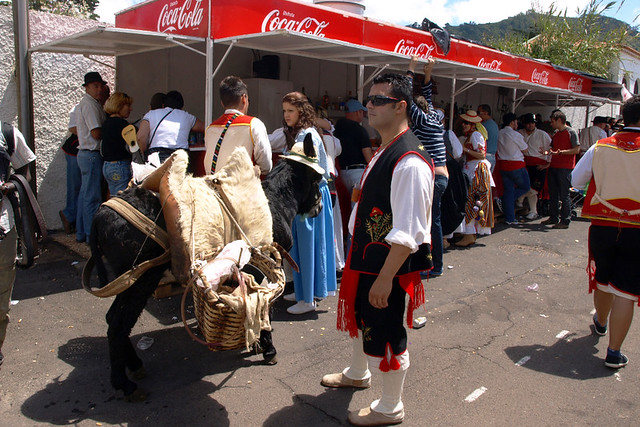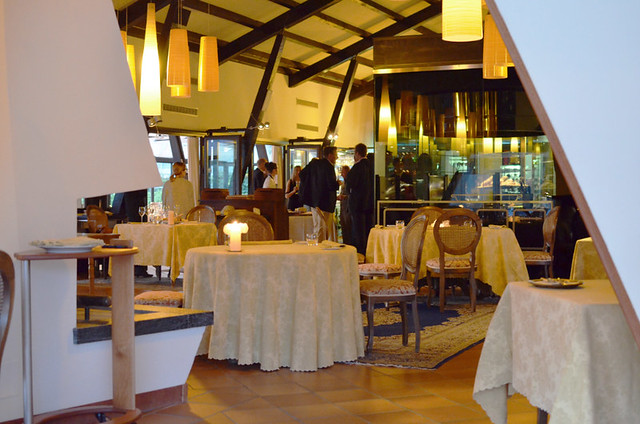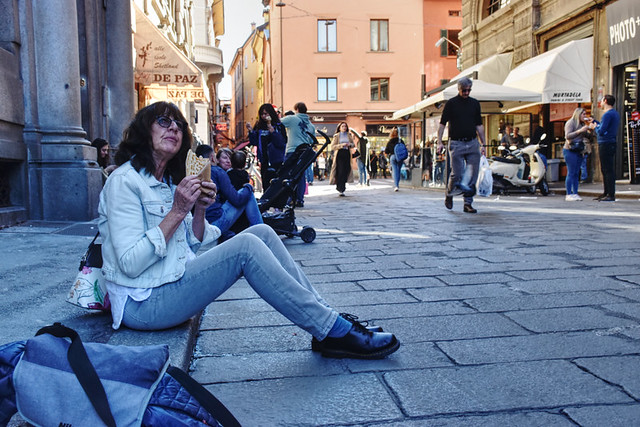Writing about putting a slow travel holiday together on the Canary Island of La Palma, I mentioned we discounted a bar because it was too authentic. When I posted this on LinkedIn, someone commented they didn’t think a place could be too authentic. It’s a fair remark. How can travel experiences be too authentic? Somewhere is either authentic or it’s not, isn’t it?
I’d argue no. As Gavin and Stacey’s Uncle Brynn would say, I’ll tell you for why.

What is real and what’s not?
Our Tenerife website is called The Real Tenerife. A few years ago, a Facebook friend remarked they didn’t like the use of the word ‘real’ in travel as everywhere is real, so it was nonsensical. Without getting into a philosophical/existential debate about what is real and what’s not, in travel terms there are some places that are more ‘real’ than others … if by real we mean authentic, as is the case with The Real Tenerife.
When writing about Tenerife, for decades the travel press in the UK invariably concentrated on the island’s southern tourist resorts, which were purpose-built for tourism, ergo not real, not the authentic Tenerife. The island became defined by something created purely to keep sun-starved tourists happy. By using the term ‘the real’ we put a big, bright flag in the sand that was designed to tell people ‘This isn’t about the part of the island developed for tourism, this is about the part which exists outside of that.’
It was a counter to a misinformed stereotype.

But how about somewhere being too authentic?
The argument in favour of the use of the term ‘too authentic’ is similar. Travellers, tourists, visitors, call them what you will, come in various guises. Unlike Tolkien’s Middle-earth, there is no one ring to fit them all. Some travellers want budget, some want luxury. Some want package holidays in purpose-built locations where any hint of authenticity is only found in watered-down cultural performances in the hotel’s lounge after dinner, or in a few token ‘local’ dishes in the buffet. Others might crave a full-on immersion in any destination they visit. Then there are those who seek a mix of both, who want to dip their toes into local life now and again. If you’re in the travel business, it’s important to consider individual needs if you’re going to provide the appropriate advice.

Often authenticity is associated with lower end experiences. There’s no great travel bible that decrees authentic travel is exclusively connected to budget experiences. Someone who books into a 5-star hotel and eats in a fine dining restaurant populated by well-to-do locals could end up with a more authentic experience than, say, someone who stays in a hostel and eats at Maccie D’s. We’ve just returned from a trip to Italy where we ate piadinas while sitting on a kerb, tucked into buttery pastas in specialist delis, and ate octopus in a Michelin recommended restaurant. All were equally authentic experiences. In fact, there were more foreigners at the piadina kiosk than in the posh restaurant.
But even for those who want to immerse themselves in the local scene when they travel, there are parameters. For example, think of the grungiest dive of a pub/bar near to where you live and then answer this question. Would you take a visitor to it to just give them an authentic local experience?
I sure as hell wouldn’t. And neither would I do it in another country.

Giving visitors good authentic experiences means introducing them to things they’ll enjoy, not dishing up a serving of authenticity just for the hell of it. That’s why we discard places that are ‘too authentic’ when putting together slow travel holidays.
And it applies to people within the business as well.
I remember an American travel blogger being taken to a pub in York some years ago. They promptly left because they found it an uncomfortable experience. If you don’t know York, the pubs there are great. I’d happily take any visitor from another country to many of them.
Yet the experience was obviously just a wee bit too authentic for that blogger.




Be the first to comment